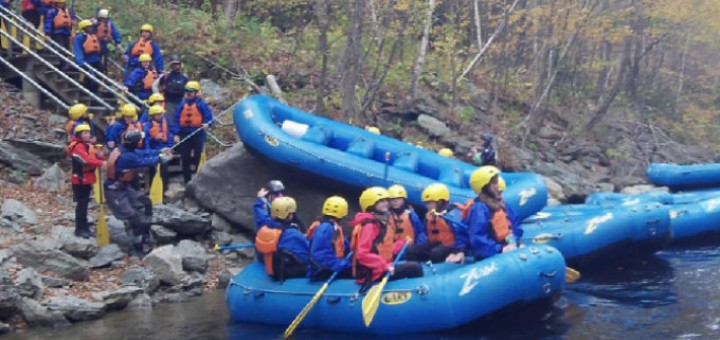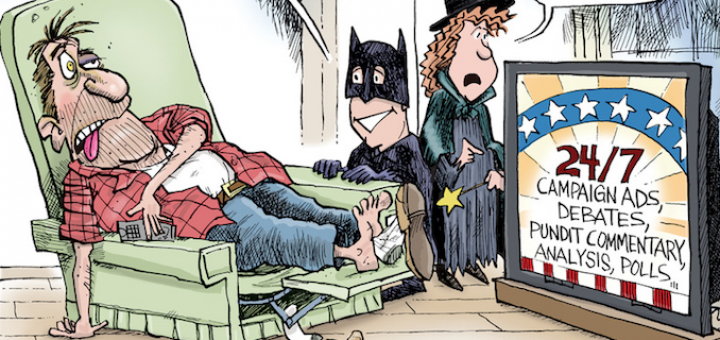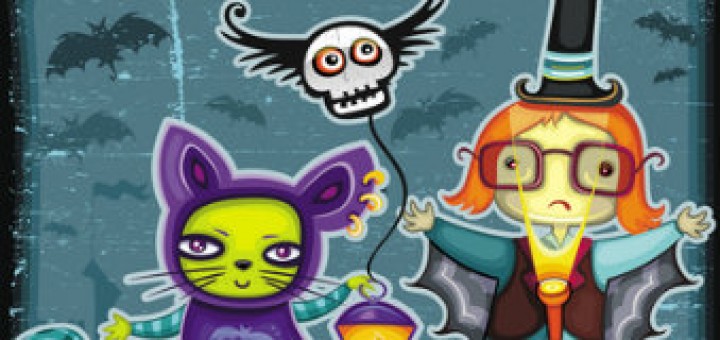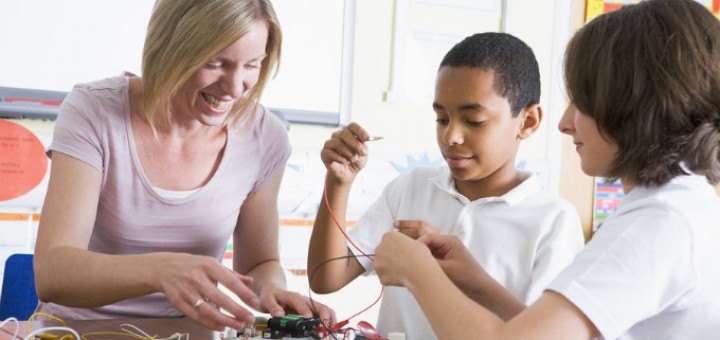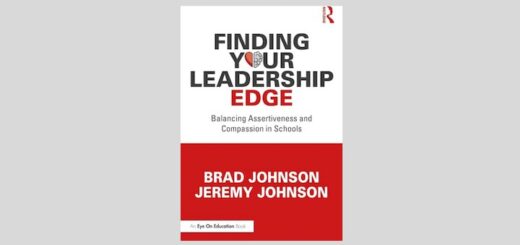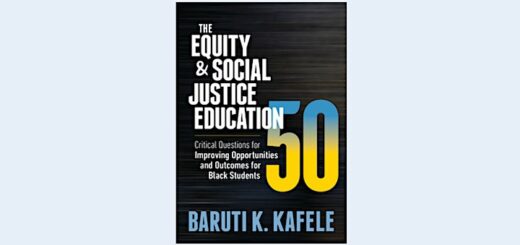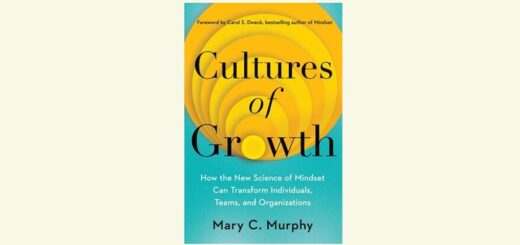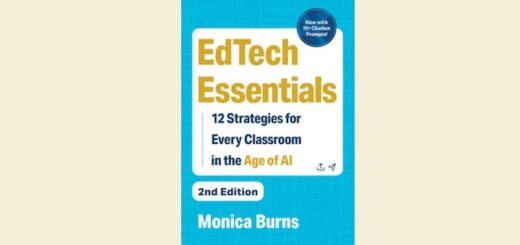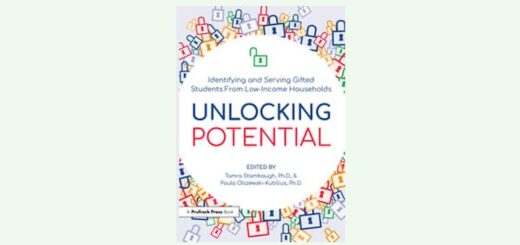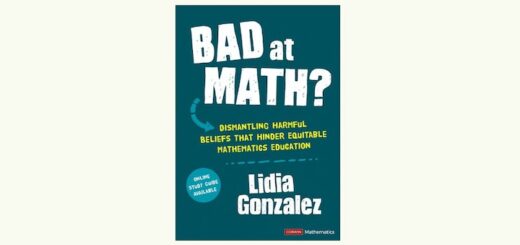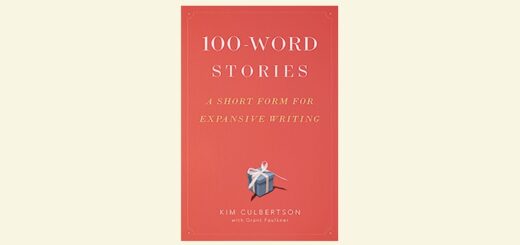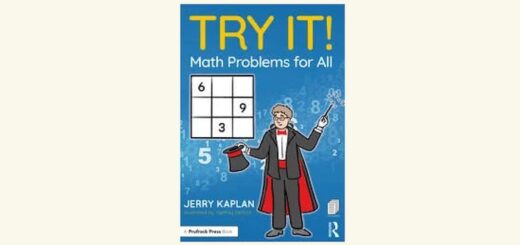Teaching and learning in grades 4-8
With Common Core discussions as a sturdy frame, Heather Wolpert-Gawron provides solid commentary about how writing and literacy relate to all curriculum areas, says reviewer Kathleen Pham. Central to the sample lessons: project based learning.
Whitewater rafting with 6th graders puts plenty of excitement into Experiential Learning. Just back from the river, Kevin Hodgson describes sharing the 10-mile stretch of “instructional space” with 75 kids. A must-read for anyone planning such a trip!
If politicians have a “license to lie” in campaign advertising, how are our students going to know who and what to believe? Critical thinking skills are paramount, says media literacy consultant Frank Baker, who shares insights and resources tied to Common Core and social studies standards.
This Halloween, don’t miss 4th grade teacher Mary Tarashuk’s self-assessment of how she managed learning on a delightfully creepy day. First presented a year ago, still just as funny. “It’s not all about sugar, but sugar anticipation is in the air.”
Bridging Literacies with Videogames asks if students’ playing videogames in school can yield literacy skill acquisition, and looks at invented worlds, 2nd language learners in multiplayer games, and more. Kevin Hodgson suggests students build games.
If you are looking for detailed, richly resourced content ideas on how to integrate technology, Literacy Lessons for a Digital World is for you. The book does not emphasize how to work with the software and programs, says Sandy Wisneski.
Your school wants to offer STEM classes to its students. How do you select teachers? And what professional development and other supports will teachers need to successfully involve students and facilitate projects? STEM expert Anne Jolly shares ideas.
Whether connected educators are collaborating online or in person, says Elizabeth Stein, “they are constantly on a mission to provide deep, powerful learning for their students through multiple means of accessing the rich content of the Common Core.”
Learning to code is an important new literacy. But how, wonders edtech coach Emily Vickery, do we close the opportunity gap between those who have access to coding instruction and those who don’t? Vickery suggests some resources that can help less advantaged students cross the divide.
Often what stands in the way of teacher change is a lack of awareness about what needs to improve. Sharing some aha moments, ‘Smarter Grading’ author Myron Dueck tells how he changed the way he tests and assesses students and manages project learning.


